How to Navigate Africa’s Fintech Regulatory Landscape
You have built the product. You know the problem it solves. You know exactly who needs it. Then someone asks: “Have you sorted your regulatory…
Read article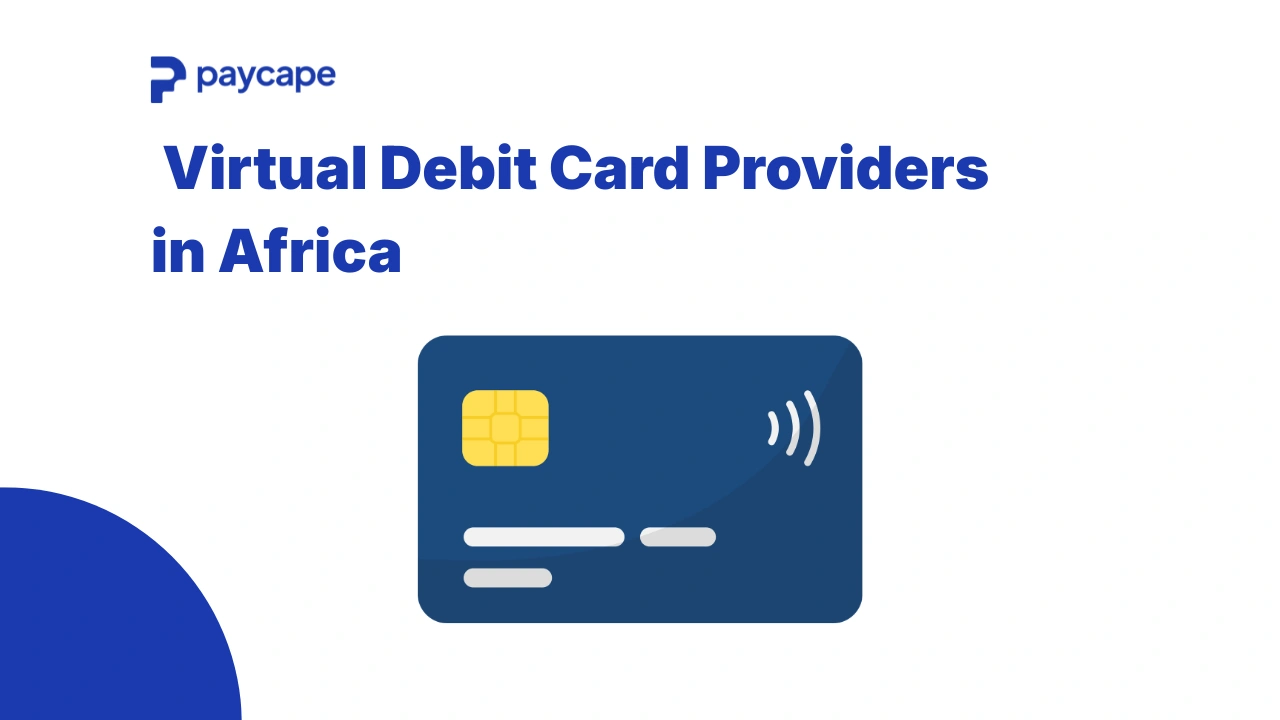
Top 5 Virtual Debit Card Providers in Africa for International and Long-Term Payments
You try to pay for something online. The checkout page loads. You enter your card details. Declined. Not because your account…
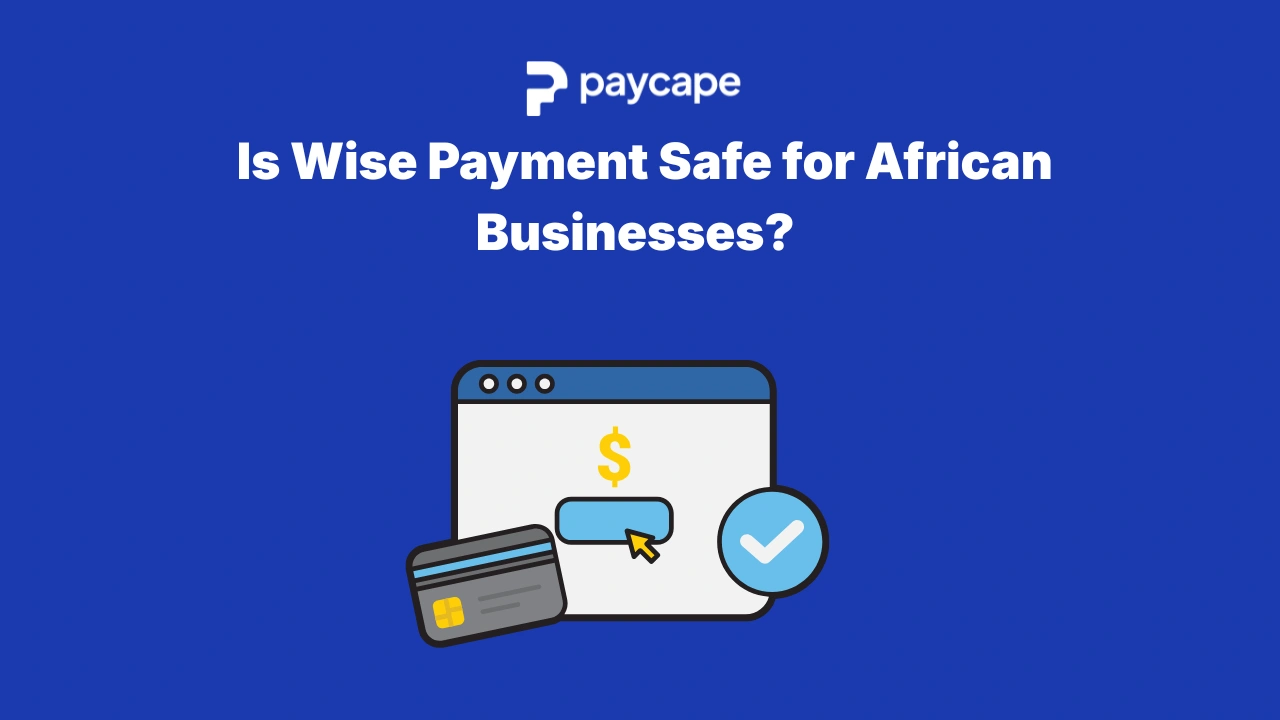
Is Wise Payment Safe for African Businesses? What You Need to Know
You just landed an international client. They want to pay you or maybe you need to pay a supplier abroad.…
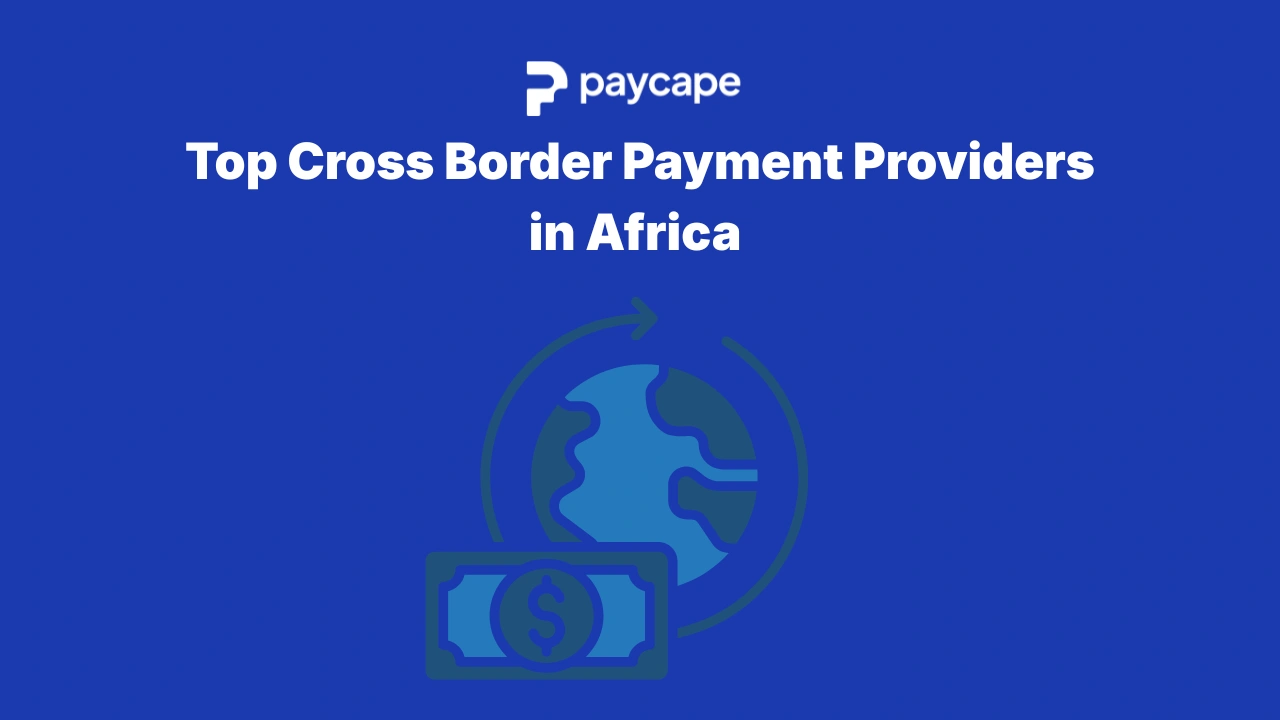
Top Cross-Border Payment Providers in Africa That Are Safe for Businesses in 2026
You finished the work. The client confirmed everything was good. You sent the invoice and waited. Then a notification came…
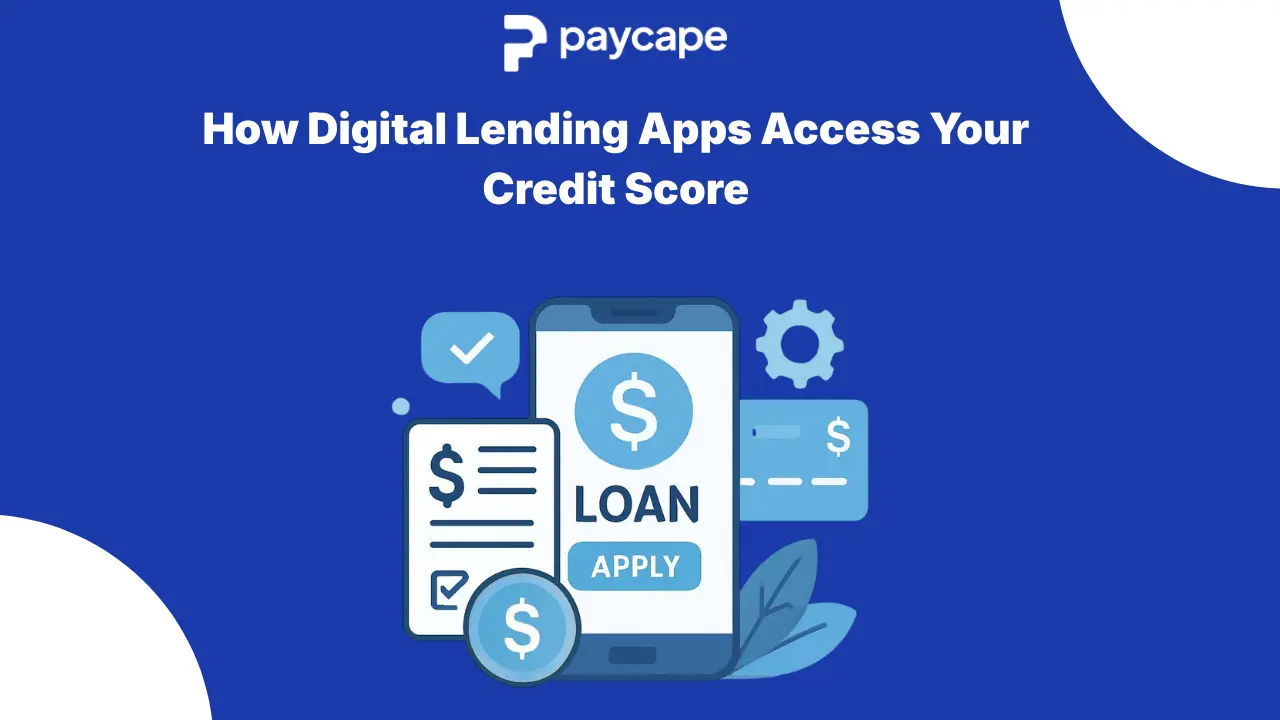
How Digital Lending Apps Access Your Credit Score (Explained)
Ever wondered how digital lending apps instantly approve or reject loan applications? Here’s everything you need to know about credit…
Is your fintech discoverable by the right buyers?
Join Paycape to create a verified company profile and appear in West Africa's B2B fintech directory.
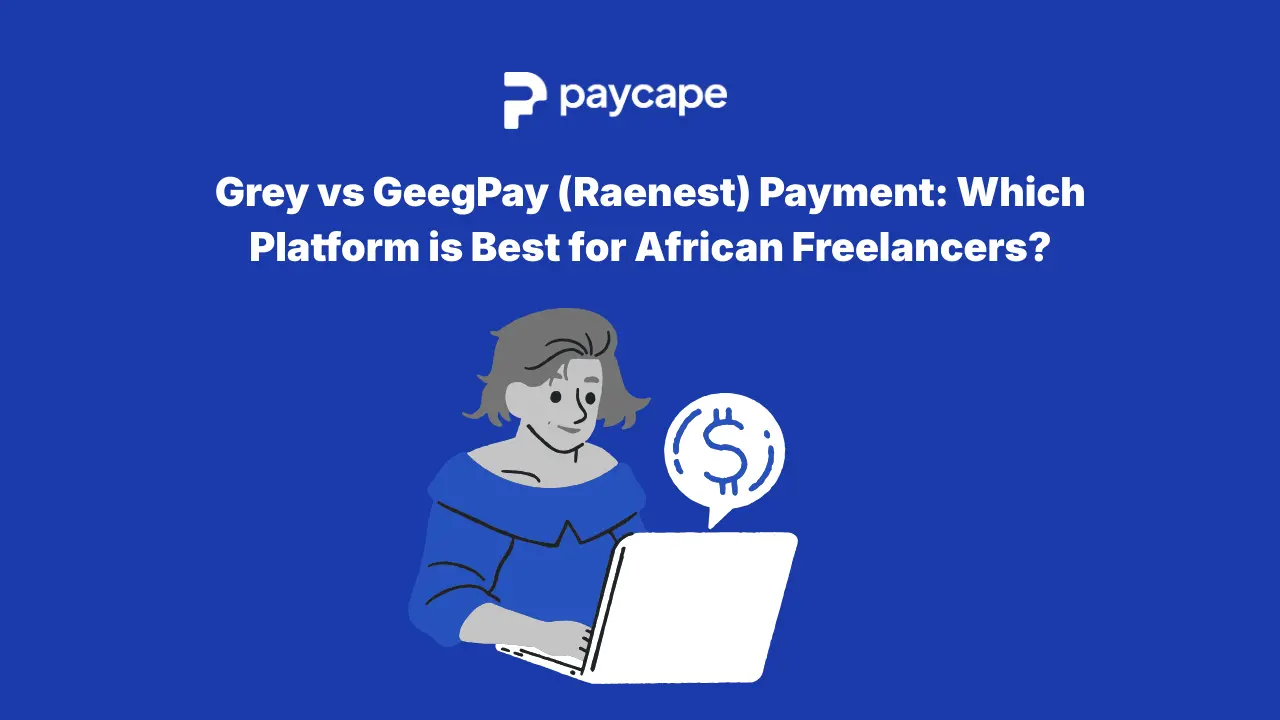
Grey vs GeegPay (Raenest) Payment: Which Platform is Best for African Freelancers?
Compare Grey and GeegPay payment platforms. Discover fees, features, exchange rates, and which virtual dollar account works best for African…
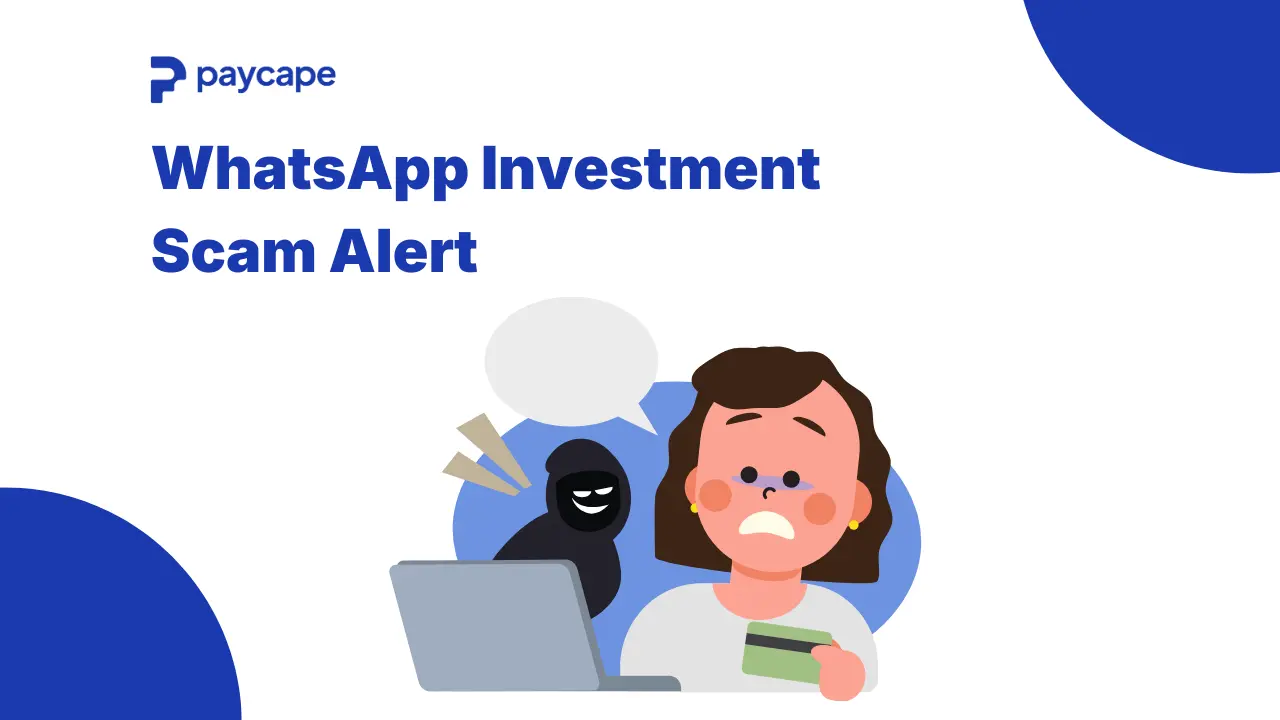
WhatsApp Investment Scam Alert 2026 – The 80% Daily Returns Trap
WhatsApp investment scams promise quick wealth through daily returns, but they’re designed to steal your money. Learn how to spot…
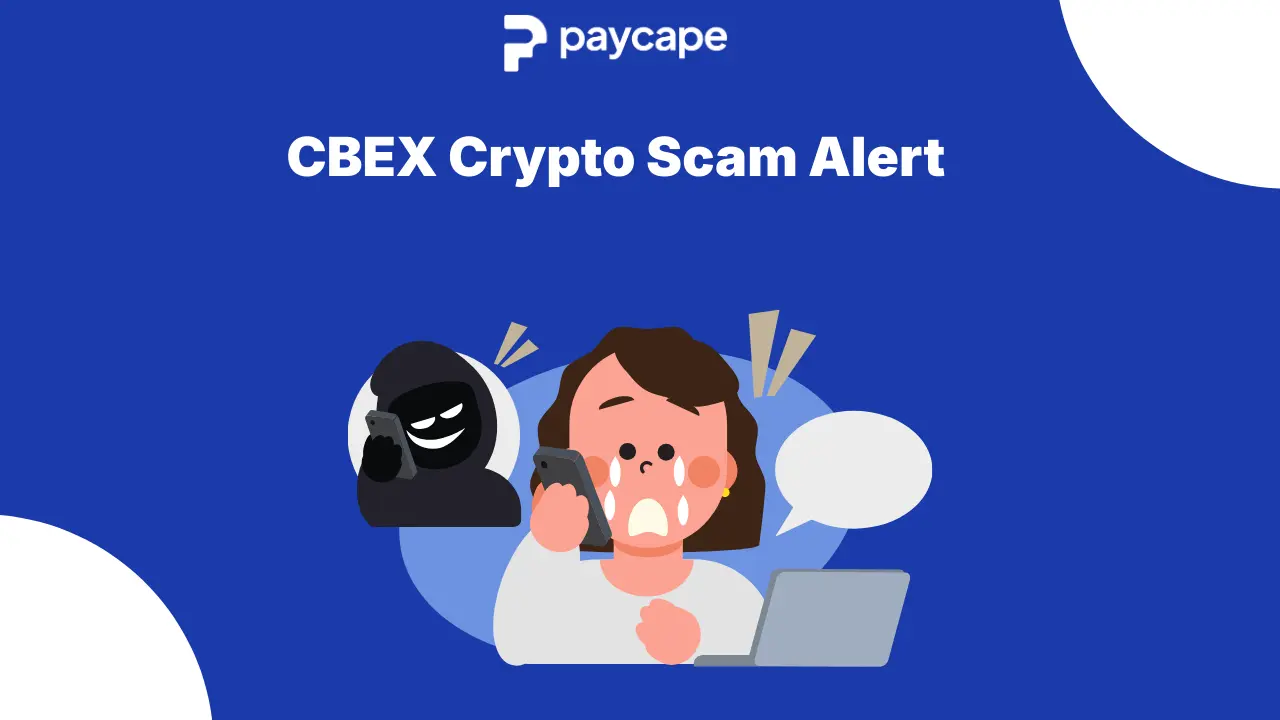
CBEX Crypto Scam Alert: How African Investors Lost Millions to AI-Powered Ponzi Scheme
The CBEX Ponzi scheme collapsed in early 2025, leaving thousands of African investors with devastating losses after promising AI-powered crypto…